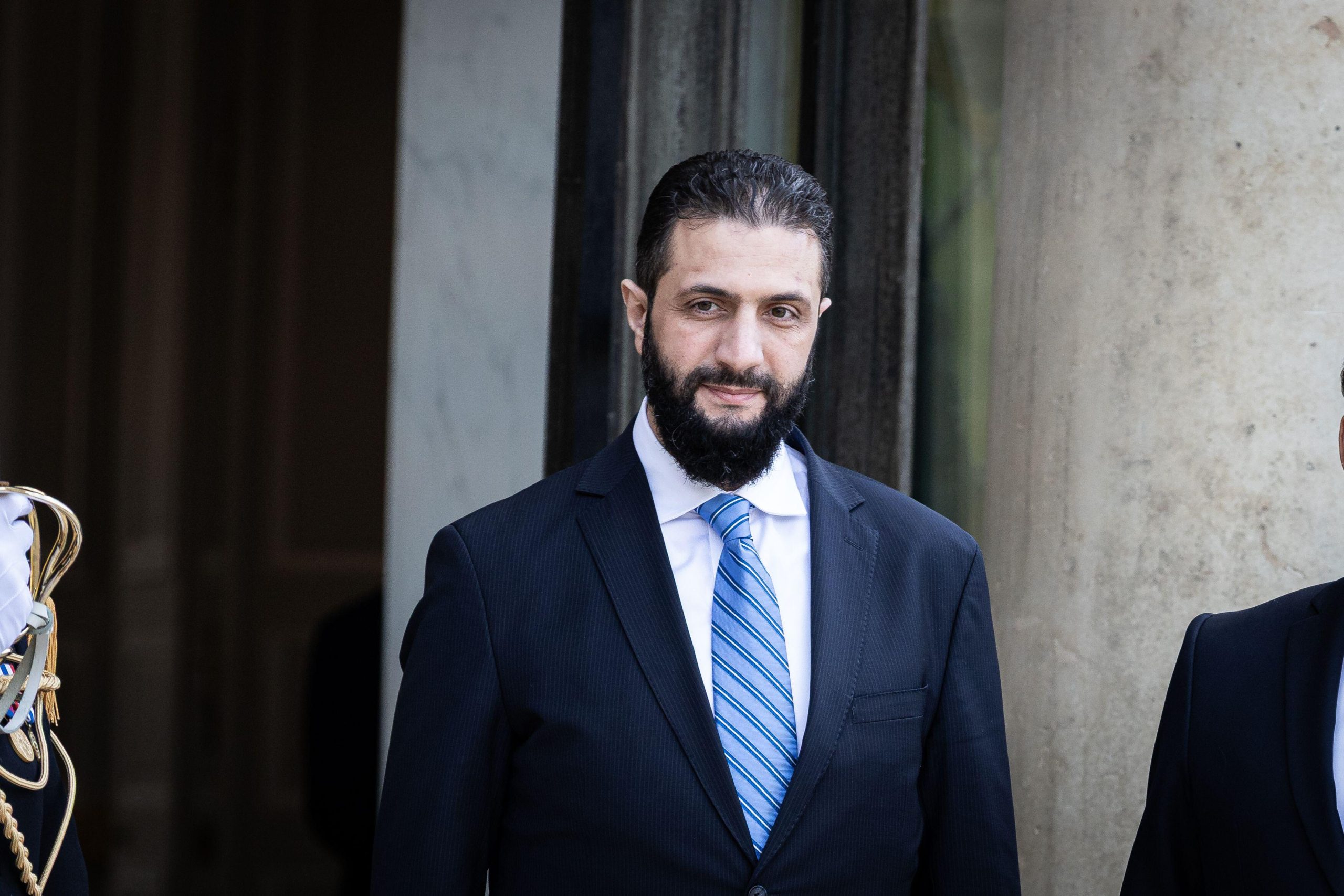Parliamentary elections are Sunday in Egypt, so here’s a heavily Egypt-centric collection of related links, plus some other happenings around the region
![]() In advance of parliamentary elections in Egypt, the regime is cracking down on opposition politicians and harassing journalists. One journalist was rounded up covering street protests in Alexandria and is being held on what his supporters claim are trumped up drug possession charges.
In advance of parliamentary elections in Egypt, the regime is cracking down on opposition politicians and harassing journalists. One journalist was rounded up covering street protests in Alexandria and is being held on what his supporters claim are trumped up drug possession charges.
Egyptian blogger Ahmed Bassyouni is being sent to the country’s notorious military tribunals. His crime: publishing “military secrets” for apparently starting an Arabic Facebook page that answers questions about Egypt mandatory military service. Amnesty International says all the information Bassyouni provided is available in the public domain.
Cairo has successfully fended off a push to allow international monitors to observe the elections. However some local monitoring groups are determined to closely observe the vote and use social media as a means of organizing and disseminating information. But some question whether Egypt’s social media boom has really succeeded in producing political change on the streets.
![]() In Saudi Arabia, a journalist was sentenced to two months in prison and 50 lashes for writing about public anger over chronic electricity cuts. Fahd al-Jukhaidib was convicted of inciting the public against the government.
In Saudi Arabia, a journalist was sentenced to two months in prison and 50 lashes for writing about public anger over chronic electricity cuts. Fahd al-Jukhaidib was convicted of inciting the public against the government.
![]() In Kuwait, the trend toward privatisation in the telecommunications industry has been accompanied by a parallel crackdown on the type of camera people can carry in public. All photographers in Kuwait are now banned from using digital SLRs in public places, only recognized journalists are exempt from the ban.
In Kuwait, the trend toward privatisation in the telecommunications industry has been accompanied by a parallel crackdown on the type of camera people can carry in public. All photographers in Kuwait are now banned from using digital SLRs in public places, only recognized journalists are exempt from the ban.




